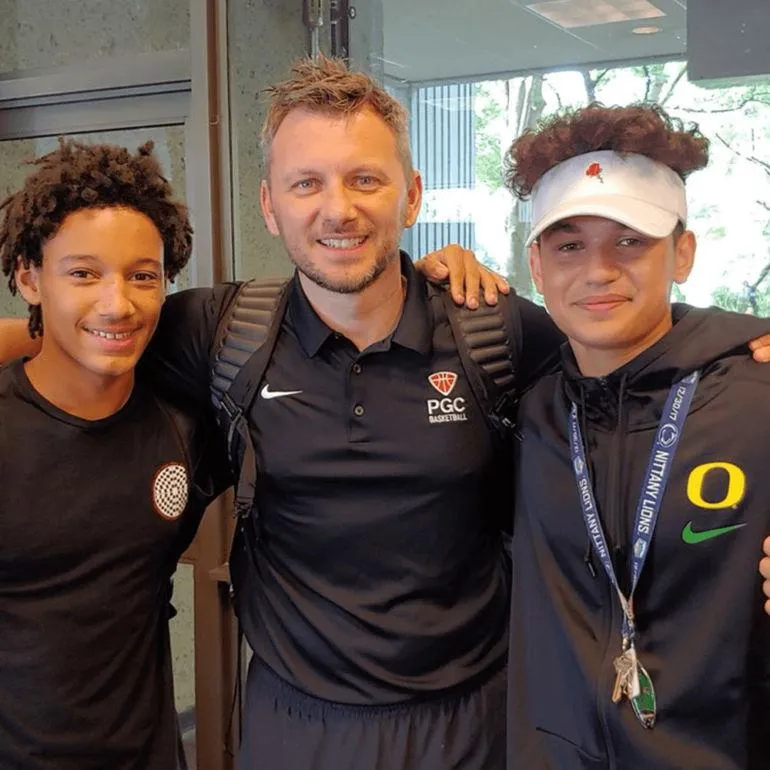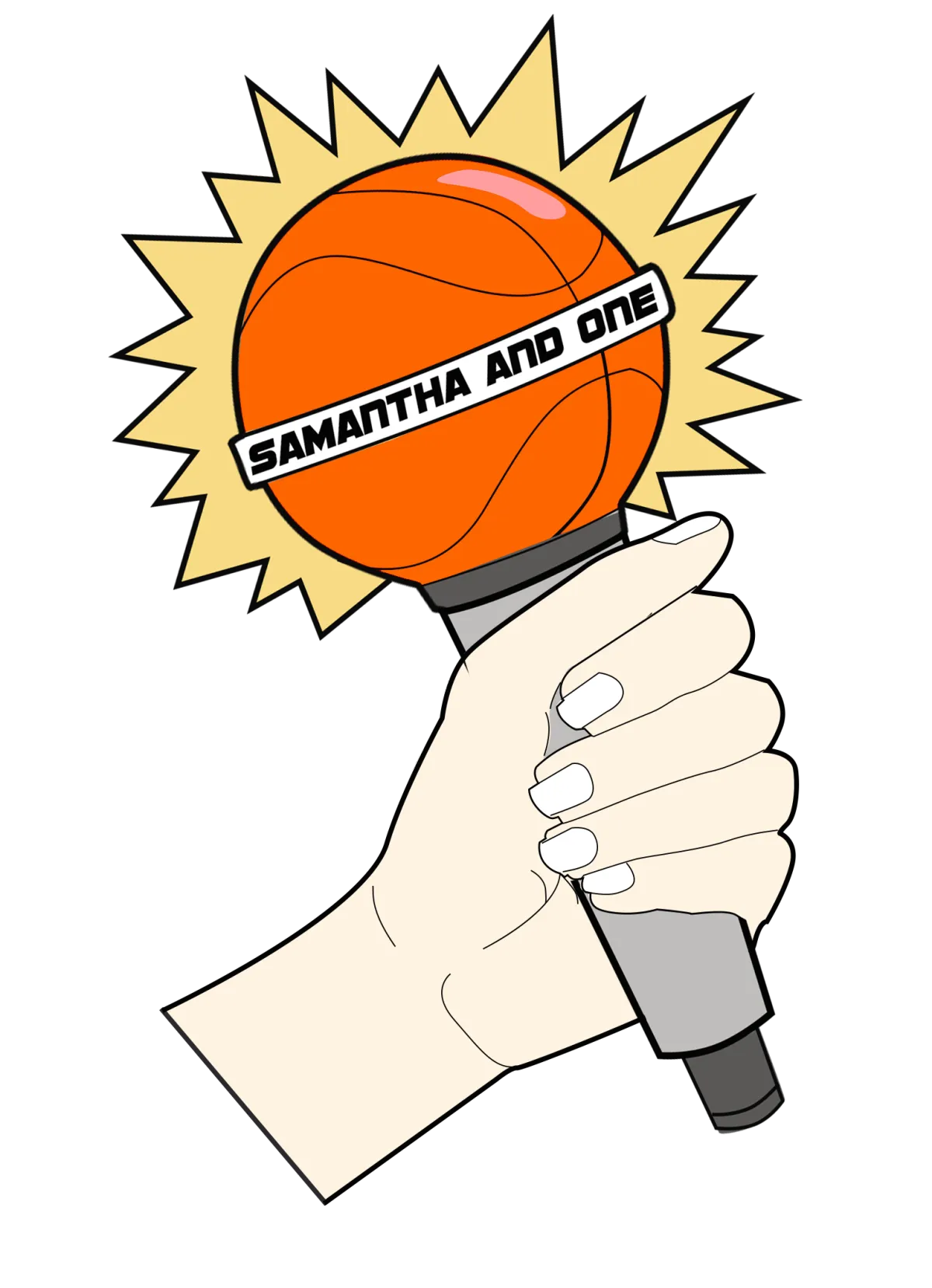Edward Leblanc
PGC Director and Skills Trainer
Know More About Edward Leblanc
Edward is a personal basketball trainer who has trained middle schoolers all the way to up to WNBA and NBA. Players he has not only trained players but is also coaches, coaches who want to get the best out of the players and is not only a director for point Guard College but also helps develop the curriculum for PGC.
Edward Leblanc suggests a transformative approach to how young basketball players should spend their weekends, emphasizing the value of personal development over participation in AAU tournaments. As per Leblanc, time is the greatest asset in life, which can be more effectively used for individual improvement rather than early involvement in tournaments that may not yield the anticipated return on investment. Instead of spending long hours on tournament travels and waiting for games, he proposes that young athletes dedicate this time to working on skills such as shooting and ball handling, playing pick-up games, and expanding their basketball knowledge through films, podcasts, and books. This free-play approach promotes the idea of learning through playing without the pressures of a team game or the fear of being substituted, thereby fostering a more conducive environment for personal growth and mastery of the game. He recommends this strategy particularly for players below their sophomore, and sometimes even their junior year.
Edward Leblanc offers an intriguing perspective on the utilization of time during AAU tournaments, hinting at the challenges players face in engaging in self-improvement during such events. Given the high demand for court time during these tournaments, opportunities for players to engage in extra skill work or high-impact practice seem scarce. Leblanc suggests that athletes could perhaps make use of available weight rooms for physical conditioning, highlighting the importance of physical fitness alongside skill development. However, he candidly admits the limitation of such tournaments for individual growth and investment, implying that the structure of AAU tournaments may not be optimally designed to promote individual skill enhancement and personal growth for players.

Drawing on his extensive experience with young athletes, Edward Leblanc highlights several key skills that, although they may take more time to master, can greatly benefit players as they advance to higher levels. Shooting, he asserts, is a timeless skill that never goes out of style, regardless of how the game evolves. Alongside shooting, understanding and reading the floor is crucial, as it allows players to adapt to various game strategies and situations. Further, maintaining ball security relative to one's position is indispensable. For non-tangible skills, Leblanc emphasizes coachability, leadership, the ability to be led, and resilience. The game of basketball is fraught with mistakes, especially during the developmental stages, and thus players who can approach their errors as learning opportunities and bounce back with determination will progressively tilt the scales in their favor. This combination of technical and mental skills forms the foundation for long-term success in the sport.
One of the most impactful figures in Edward Leblanc's life was an unassuming school janitor named Ronald Francis, fondly known as "Hook." In high school, Leblanc was eager to spend more time in the gym, honing his basketball skills. However, school rules required the presence of a faculty member for such after-hours access. That's when Hook, seemingly unaware of the long-lasting influence he was about to exert, offered to let Leblanc into the gym while he carried out his cleaning duties. Over time, Hook became not just a key that unlocked the gym door, but a figure of support and encouragement for Leblanc. His mere presence during Leblanc's practice sessions, his attendance at games, and his simple words of affirmation had a profound impact on Leblanc's confidence and love for basketball. While Hook might have thought he was merely showing kindness to a young student, his actions left an indelible mark on Leblanc's life, a fact that Leblanc only revealed to him years later.
